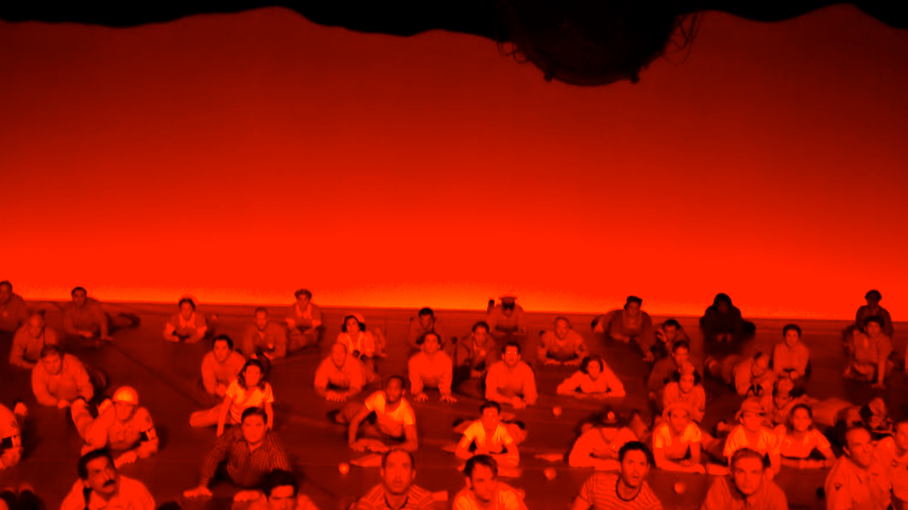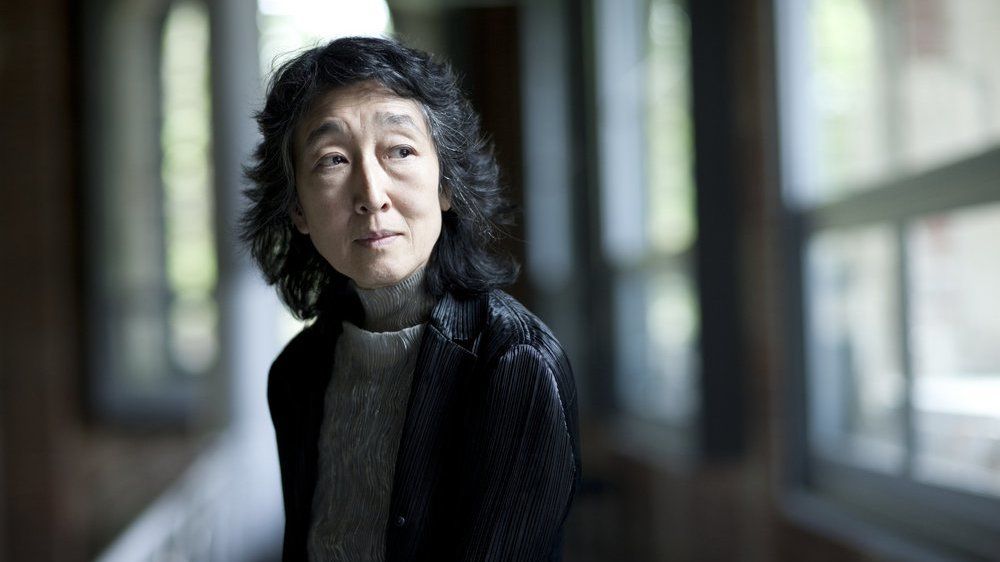Bernstein at 100: “On the Waterfront”
The 1954 American crime drama, On the Waterfront, starring Marlon Brando, is set amid the union violence and corruption of longshoreman working on the docks of the Hoboken, New Jersey waterfront. The film, directed by Elia Kazan and written by Budd Schulberg, was ranked the eighth-greatest movie of all time by the American film institute. It was Leonard Bernstein’s only foray into the world of Hollywood film scoring. Bernstein found the collaborative nature of film scoring frustrating artistically. …







